On November 4, the final working day of the 17th International Conference on the East Sea held in Da Nang city, delegates attended two discussion sessions on the role of ASEAN and the importance of the 1982 United Nations Convention on the Law of the Sea (UNCLOS).
The conference also designed two special sessions, namely the Ambassadors' Talk Session and the Youth Forum, to share multi-dimensional perspectives on the situation and developments in the East Sea region; and to seek new ideas to protect peace and maintain order based on rules in the region.
In his opening remarks, Mr. Matt Thistlethwaite, Australian Co-Minister of Foreign Affairs and Trade, affirmed the importance of UNCLOS to peace, stability, and peaceful resolution of international disputes.
Compliance with international maritime law is essential to ensuring economic security and promoting prosperity for nations. Even as the world order is undergoing profound changes, Australia remains steadfast in its support for existing international rules and institutions.
During the Talks, diplomatic representatives of the European Union, Canada, Germany, Japan and Vietnam emphasized the importance of the East Sea and affirmed that maintaining peace and stability in the East Sea is the common responsibility of the international community.
Delegates agreed that international law, especially UNCLOS, is the only viable basis and path to resolve maritime issues. Extra-regional partners need to fulfill their responsibilities and commitments through concrete actions such as increasing their presence, protecting freedom of navigation, promoting multilateral diplomacy and international cooperation, including cooperation in developing the blue economy.
Opinions at the workshop said that ASEAN's central role is being challenged in the face of many regional security issues, including the East Sea.
ASEAN helps bring the South China Sea into the framework of discussion and cooperation at the regional level. However, ASEAN also has some limitations in the face of increasing great power competition.
The enticement and pressure of major countries leads to differences in viewpoints and interests among members, making it difficult for ASEAN to reach consensus on important issues.
Besides, there are opinions that the dispute settlement mechanism within the framework of the Treaty of Amity and Cooperation in Southeast Asia (TAC) is only a formality and ineffective in practice.
The 2002 Declaration on the Conduct of Parties in the East Sea (DOC) was an important step forward but lacked effective enforcement and monitoring mechanisms. The negotiation process for the Code of Conduct of Parties in the East Sea (COC) was complicated and faced many challenges due to the different views of the parties concerned on the legal nature of the document and its scope of application.
Discussing UNCLOS, the majority of delegates emphasized that UNCLOS is the “Constitution of the Ocean,” establishing a fundamental and comprehensive legal framework for activities at sea while providing a basis for responding to new challenges such as climate change and rising sea levels. However, experts pointed out that there are some cases of deliberately taking advantage of the complexity of the East Sea dispute to misinterpret and misapply UNCLOS.
In addition, the rapid development of marine technology and changes in climate and natural conditions also pose many new challenges to international law.
On the second day of the workshop, scholars proposed many solutions to promote peace, stability and legal order at sea. Emphasizing the role of the central mechanism, scholars suggested that ASEAN should strengthen internal solidarity and enhance collective strength to respond to challenges; enhance cooperation with external partners and other multilateral mechanisms; promote transparency, dialogue, and information sharing to build trust, and establish early warning mechanisms to prevent the risk of conflict.
Speaking at the closing session, Dr. Nguyen Hung Son, Director of the Diplomatic Academy, highly appreciated the quality of discussions at the workshop. The exchanges at the workshop helped clarify the overall picture of the region, the role of relevant actors, the impact of marine technology, artificial intelligence, and autonomous vehicles on regional maritime security.
The workshop provided many useful ideas and proposals to strengthen ASEAN's central role, ensure the implementation of UNCLOS, and consider it an important basis for promoting peace, stability and development in the region.
Dr. Nguyen Hung Son affirmed that in the context of many uncertainties in the world and the region, countries need to dialogue, share information, and build capacity to strengthen unity and solidarity./.
Source: https://www.vietnamplus.vn/be-mac-hoi-thao-khoa-hoc-quoc-te-ve-bien-dong-lan-thu-17-post1074932.vnp






![[Photo] Opening of the 14th Conference of the 13th Party Central Committee](https://vphoto.vietnam.vn/thumb/1200x675/vietnam/resource/IMAGE/2025/11/05/1762310995216_a5-bnd-5742-5255-jpg.webp)

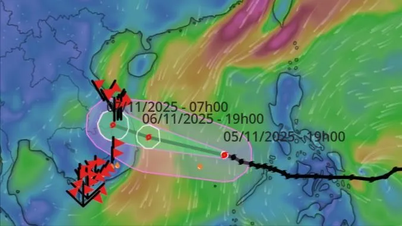





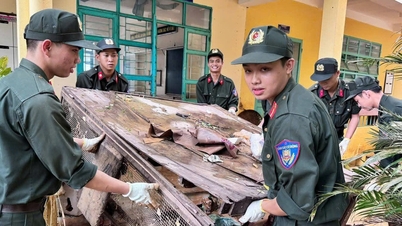


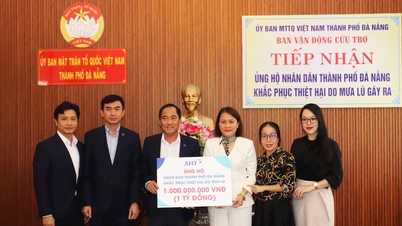
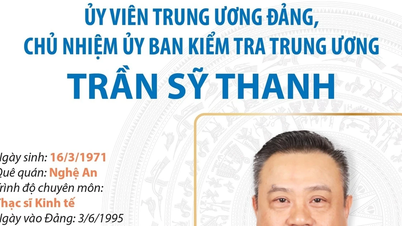
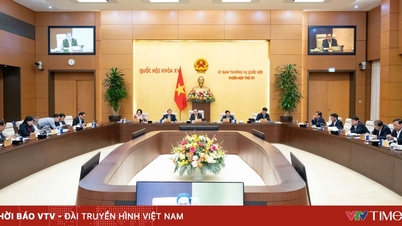



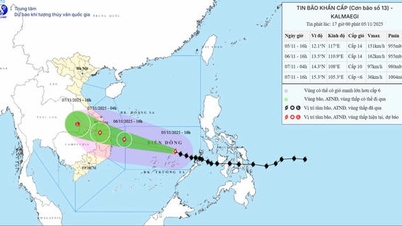





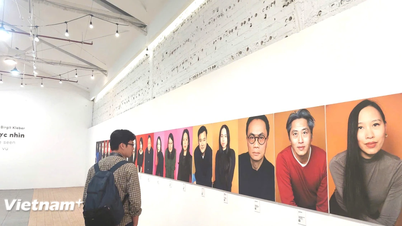

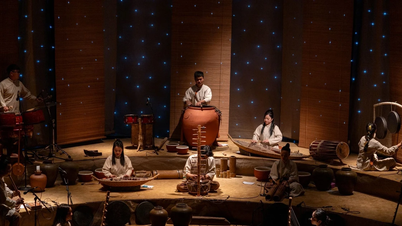
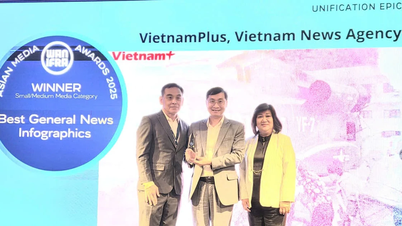
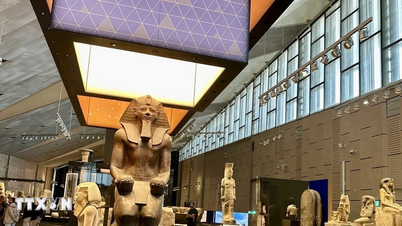
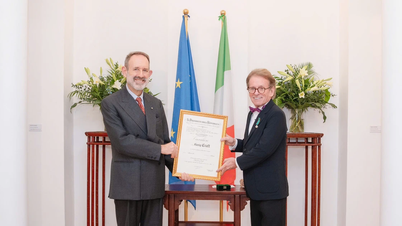
![[Photo] Panorama of the Patriotic Emulation Congress of Nhan Dan Newspaper for the period 2025-2030](https://vphoto.vietnam.vn/thumb/1200x675/vietnam/resource/IMAGE/2025/11/04/1762252775462_ndo_br_dhthiduayeuncbaond-6125-jpg.webp)

































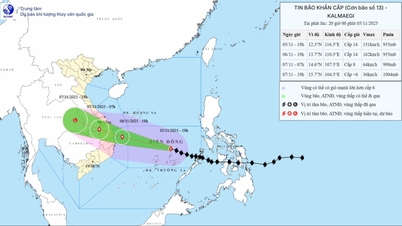
















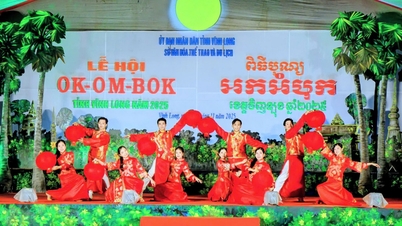




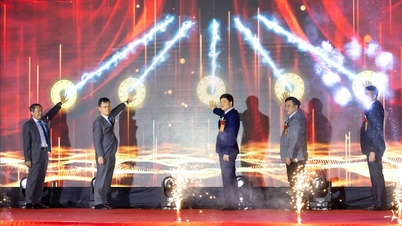

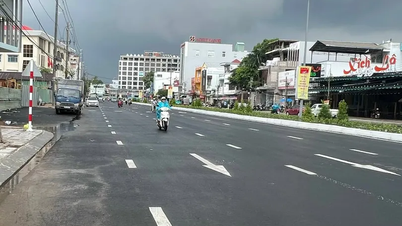













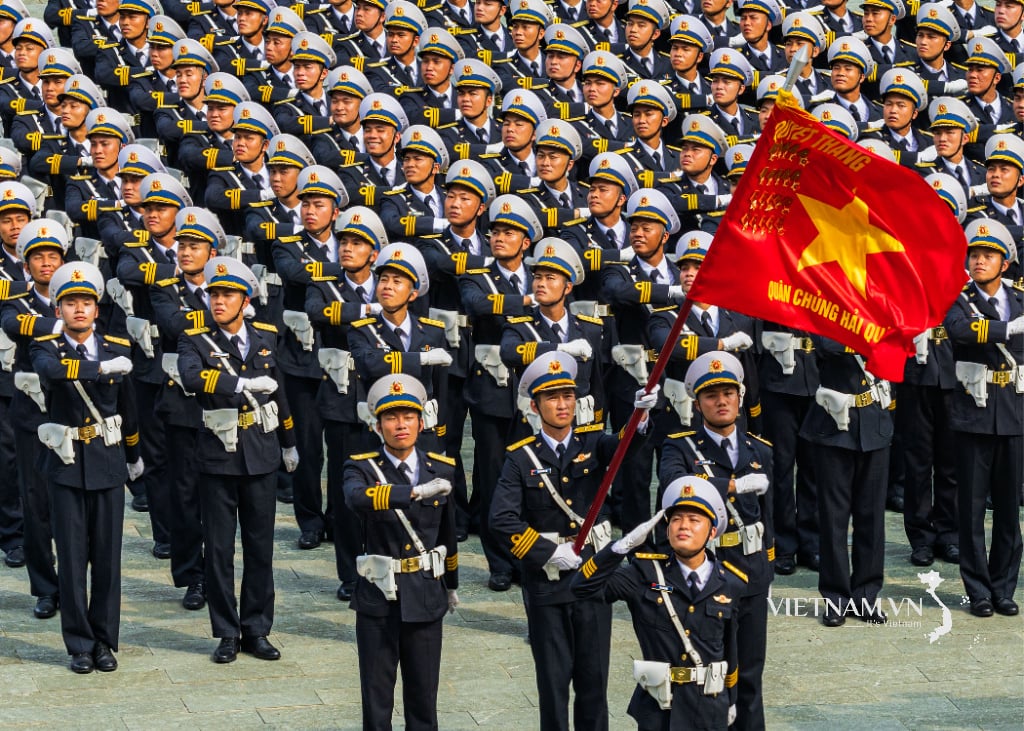

Comment (0)